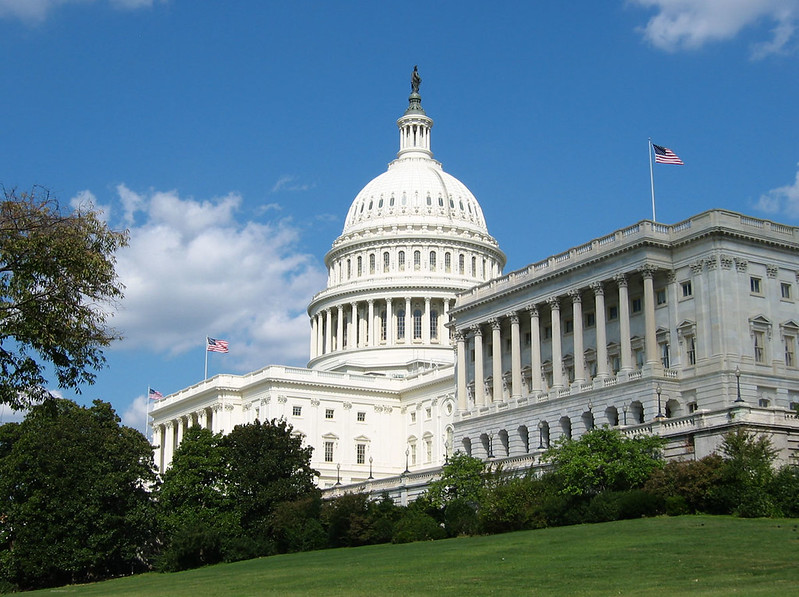
Multiple House Committees are this week marking up President Joe Biden’s $1.9 trillion bailout plan.
As part of this process, lawmakers in the House Energy and Commerce Committee are marking up healthcare legislation which includes a proposal to remove the existing 100 percent rebate cap that currently exists for medicines in Medicaid. If this cap is removed, it would force manufacturers to pay states every time a Medicaid beneficiary fills a prescription.
This provision, which is found in Subtitle B, Section 3107 of the Energy and Commerce section of the bill, should be removed.
It would create a perverse system where manufacturers pay Medicaid to supply their drugs to the states and could create incentives within the Medicaid system that could encourage gaming of the system and higher prices in Medicaid and the private market.
Under existing law, manufacturers must provide discounted medicines to Medicaid as a condition of participating in other federal programs including Medicare Part B and Veterans Affairs healthcare.
This rebate is provided in the form of rebates that are calculated through a two-step process:
First, Medicaid is entitled to a “basic rebate” which is the greater of 23.1 percent of the Average Manufacturer Price (AMP) or the difference between AMP and “best price.” AMP is calculated as the average price of selling to retail community pharmacies and wholesalers but excluding rebates and discounts negotiated by Pharmacy Benefit Managers, among others.
Second, the manufacturer is required to provide an inflation penalty rebate calculated based on the extent to which the drug’s price increases exceed the Consumer Price Index for all Urban Consumers (CPI-U).
This existing formula provides $42 billion every year in discounts to state Medicaid programs. However, the cap prevents the discount exceeding 100 percent of AMP, a situation where the product is free for Medicaid. There are currently over 2,500 drugs that are at 100 percent of AMP.
A rebate above 100 percent of AMP, as proposed by Sec. 3107, would create numerous instances where the manufacturer is paying Medicaid to supply the drug. While manufacturers are prohibited from leaving Medicaid, this policy could distort the commercial markets.
For instance, the proposal could result in higher prices in the commercial market because manufacturers would be incentivized to reduce rebates and discounts in order to avoid further decreasing “best price.” While this would reduce the Medicaid rebate, it would increase costs for plans and consumers. In turn, this would result in new medicines being launched at higher prices due to the subsidies required by Medicaid.
Lifting the cap would also encourage gaming of the system by turning a product into a revenue stream for the federal government and the states. In fact, the provision could create new slush funds for the states as there are no restrictions on how they can utilize funds generated from payments above 100 percent of AMP.
As members of the Energy and Commerce Committee take up their portion of the $1.9 trillion Biden stimulus plan, they should remove Sec. 3107 and retain the existing 100 percent rebate cap on medicines in the Medicaid system. Lifting the cap will create a perverse system where manufacturers are forced to pay the government every time they supply their product to Medicaid, a situation that will distort the market and incentivize higher prices.

